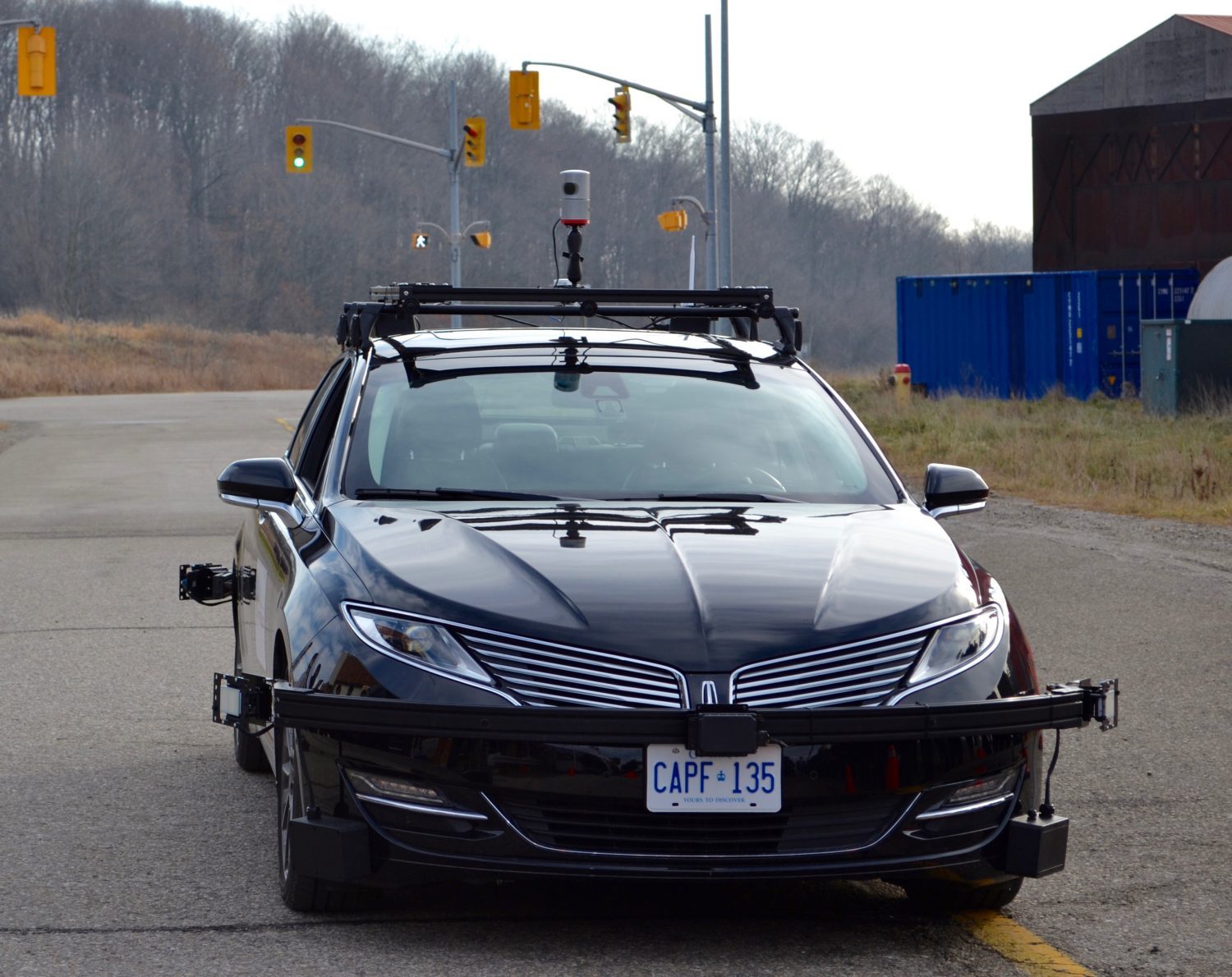
On Nov. 28, a research team which is part of Waterloo Center for Automotive Research (WatCAR) had their self-driving car sanctioned to begin public road testing.
The autonomous car (nicknamed Autonomoose) will be the first in Canada to be driven on public roads.
“There’s excitement in every corner of the province about the fact that we are not only embracing this technology but in the Canadian context, we’re leading on it. I think the possibilities are limitless at this point,” said Steven Del Duca,
Ontario’s Minister of Transportation.
The Autonomoose is part of a three-year project at the University of Waterloo, which includes nine professors from four different departments.
“As you add more functionalities to the car, the integration of the functionalities becomes increasingly complex,” said Ross McKenzie, managing director of WatCAR.
“You introduce something or someone new to the project, they have to adapt to the car and the previous person’s functionality. It’s a very slow and prescribed process.”
Along with the University of Waterloo getting the proverbial green light, the Erwin Hymer Group and BlackBerry will also be working on their own self-driving cars.
“We do work with BlackBerry but not with this. They’re three separate, autonomous pursuits,” said McKenzie.
Testing will begin in parking lots, testing tracks and then at the end of the three-year project, WatCAR hopes to take Autonomoose onto highways and into bigger cities.
“Autonomous cars won’t do things we do on the road. They won’t slow down to look at accidents, or drive through stop lights. So the challenge is having the car adapt to us, to humans. It’s the law to have someone behind the wheel at all times, should anything go wrong,” said McKenzie.
The new autonomous car is also allegedly increasing employment in Ontario’s job market.
Currently Ontario faces an unemployment rate of 7.2 per cent, but hopes are high that this project will provide an opportunity of change.
“General Motors will be opening a software division. They’ll work on enhancing the computing power of cars, which is one of the biggest challenges,” said McKenzie.
“A car is now getting all this information, but it builds more and more content on to the vehicle. There’s a significant opportunity to develop better software here in Canada. Production happens where innovation occurs.”
Another advantage to having these cars developed in Canada, McKenzie pointed out, is the weather.
“One of the most significant challenges is winter–driving conditions; when the lanes are covered up or there’s black ice. I think it’s only going to further highlight that companies here have the capability, it is also going to bring attention to Canada,” he said.
“Other companies who want to test their products in adverse weather conditions or without the constrictions on roads that America has are going to draw toward Ontario.”
The first drive is set to begin in the new year, putting the Autonomoose to the test against a Canadian winter.








Leave a Reply
You must be logged in to post a comment.